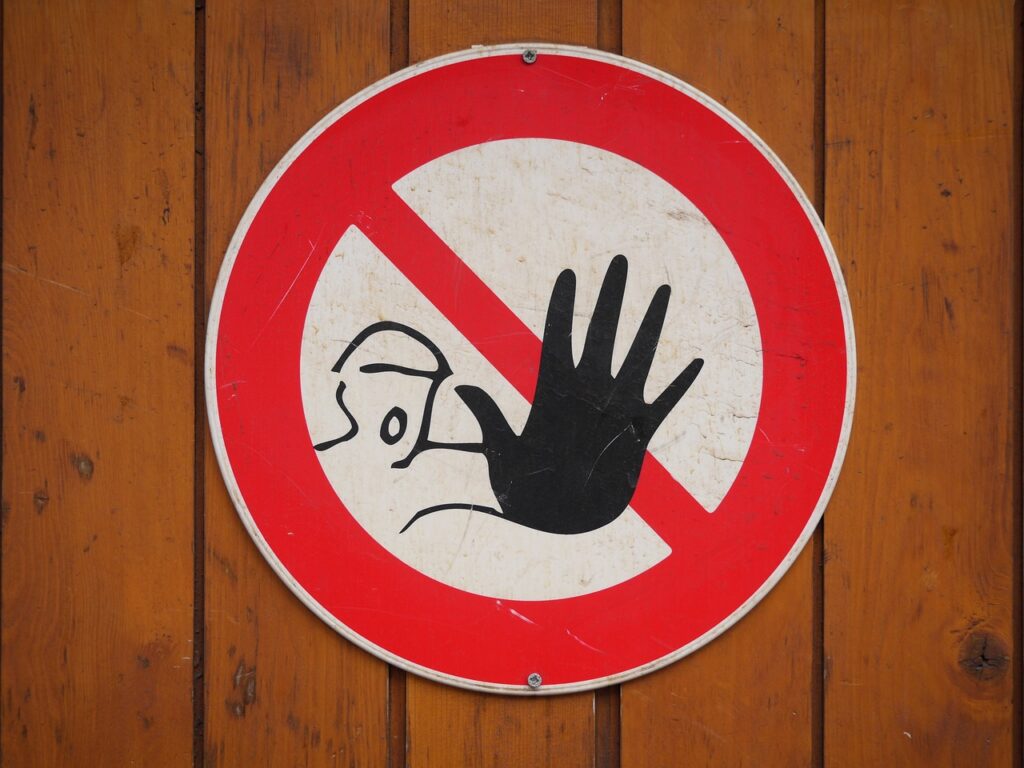Is Using a VPN Legal?
VPNs (Virtual Private Networks) are widely used to enhance online privacy, bypass geo-restrictions, and secure internet connections. While they are legal in many countries, certain governments have imposed strict regulations or outright bans on VPN usage. Before using a VPN, it is crucial to understand the legal landscape in your region.
In countries like the United States, United Kingdom, Canada, and most of Europe, using a VPN is completely legal. Even government agencies recommend VPNs for enhanced cybersecurity. However, in nations with heavy internet censorship, VPNs can either be restricted or illegal.
Countries Where VPNs Are Illegal
While the exact regulations vary, several countries either prohibit VPN usage outright or impose severe restrictions on their use. Here is a list of countries where VPNs are illegal or tightly controlled:
- China – Only government-approved VPNs are allowed, primarily for corporate use.
- Russia – VPNs must be registered with the government and cannot be used to access restricted content.
- Iran – Only government-approved VPNs are permitted; unauthorized usage can lead to fines or imprisonment.
- Iraq – VPNs are completely banned to curb terrorism-related activities.
- United Arab Emirates (UAE) – VPN use is restricted, particularly for avoiding government surveillance.
- Turkey – VPN services are blocked to prevent access to banned websites.
- North Korea – The government enforces total internet control, making VPNs illegal.
- Oman – VPN usage is only allowed for officially approved corporate activities.
- Belarus – The government has banned VPNs to prevent circumvention of internet restrictions.
Users in these countries should exercise caution and research local regulations before using a VPN.
Are VPNs Safe to Use?
Not all VPNs are created equal. Some provide top-notch security, while others might expose your data rather than protect it. To ensure safety, look for the following key features when choosing a VPN:
- No-logging policy – Ensure the VPN provider does not store logs of your activity.
- Strong encryption – Look for military-grade encryption such as AES-256.
- Non-member of surveillance alliances – VPNs headquartered in countries outside the Five Eyes, Nine Eyes, and Fourteen Eyes alliances offer better privacy protection.
- Kill switch – This feature disconnects your internet if the VPN connection drops, preventing data leaks.
Using VPNs for Illegal Activities
A VPN itself is not a tool for illicit activity, but some individuals use it to mask illegal actions. This includes:
- Digital piracy – Downloading copyrighted material without permission.
- Cybercrime – Engaging in hacking, fraud, or illegal marketplaces.
- Bypassing government censorship – While VPNs can help access restricted content, using them against government laws can be considered illegal in certain regions.
While VPNs protect user privacy, they do not grant immunity from legal consequences.
Why People Use VPNs Legally
Many people use VPNs for legitimate reasons, including:
- Enhanced privacy – Protecting personal data from hackers and ISPs.
- Public Wi-Fi security – Preventing cyber threats while using unsecured networks.
- Accessing geo-restricted content – Streaming services and websites blocked in certain regions.
- Avoiding ISP throttling – Preventing internet providers from slowing down specific activities.
Using a VPN within the legal framework of a country is a valid and recommended cybersecurity practice.
Can You Be Fined or Prosecuted for Using a VPN?
If VPNs are legal in your country, using one will not result in fines or legal trouble. However, in countries where VPNs are restricted or illegal, users caught using an unauthorized VPN can face:
- Fines
- Jail time
- Internet service suspension
Before using a VPN, research the regulations in your country to avoid potential penalties.
How Do VPNs Work?
A VPN works by encrypting your internet connection and routing it through a remote server. This process:
- Hides your IP address, making it appear as if you’re browsing from another location.
- Encrypts your internet traffic to protect it from hackers, ISPs, and surveillance.
- Allows you to access restricted websites and services.
Some VPNs offer multi-hop encryption, which routes traffic through multiple servers for additional security.
Is Using a VPN Necessary?
The necessity of a VPN depends on your online activities and security concerns:
- Yes, if you need privacy – VPNs keep your data secure from prying eyes.
- Yes, if you travel frequently – VPNs help access home-country content and avoid censorship.
- Yes, if you use public Wi-Fi – They provide protection from cyber threats in public spaces.
- No, if you only browse locally – If you don’t engage in high-risk activities, a VPN may not be essential.
Ultimately, using a VPN is a personal choice, but it is recommended for those who prioritize online security and privacy.
Recap
VPNs are legal in many countries but restricted or banned in some. They provide security, privacy, and access to restricted content but should not be used for illegal activities. Understanding your country’s regulations and choosing a reputable VPN service ensures safe and legal usage.
